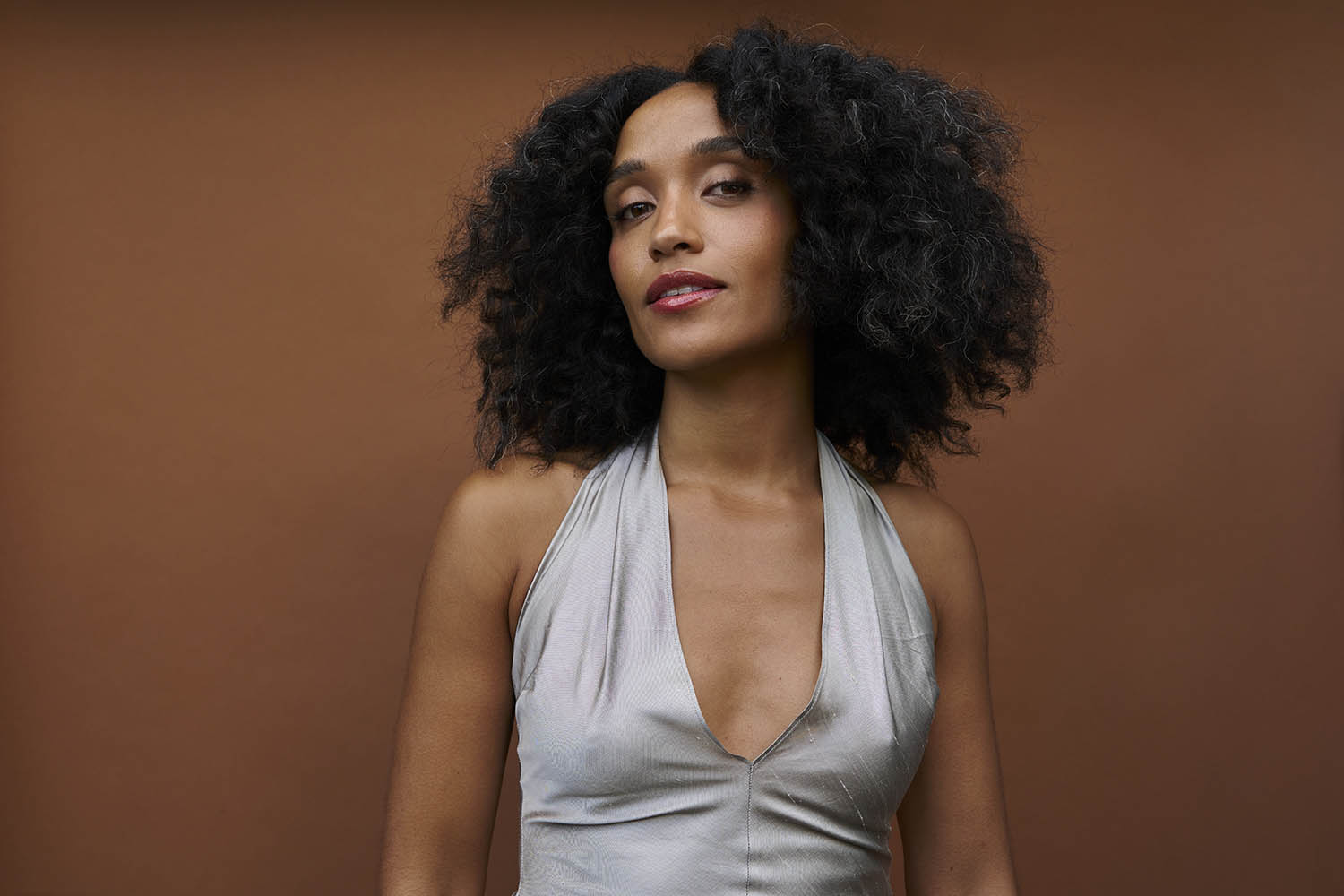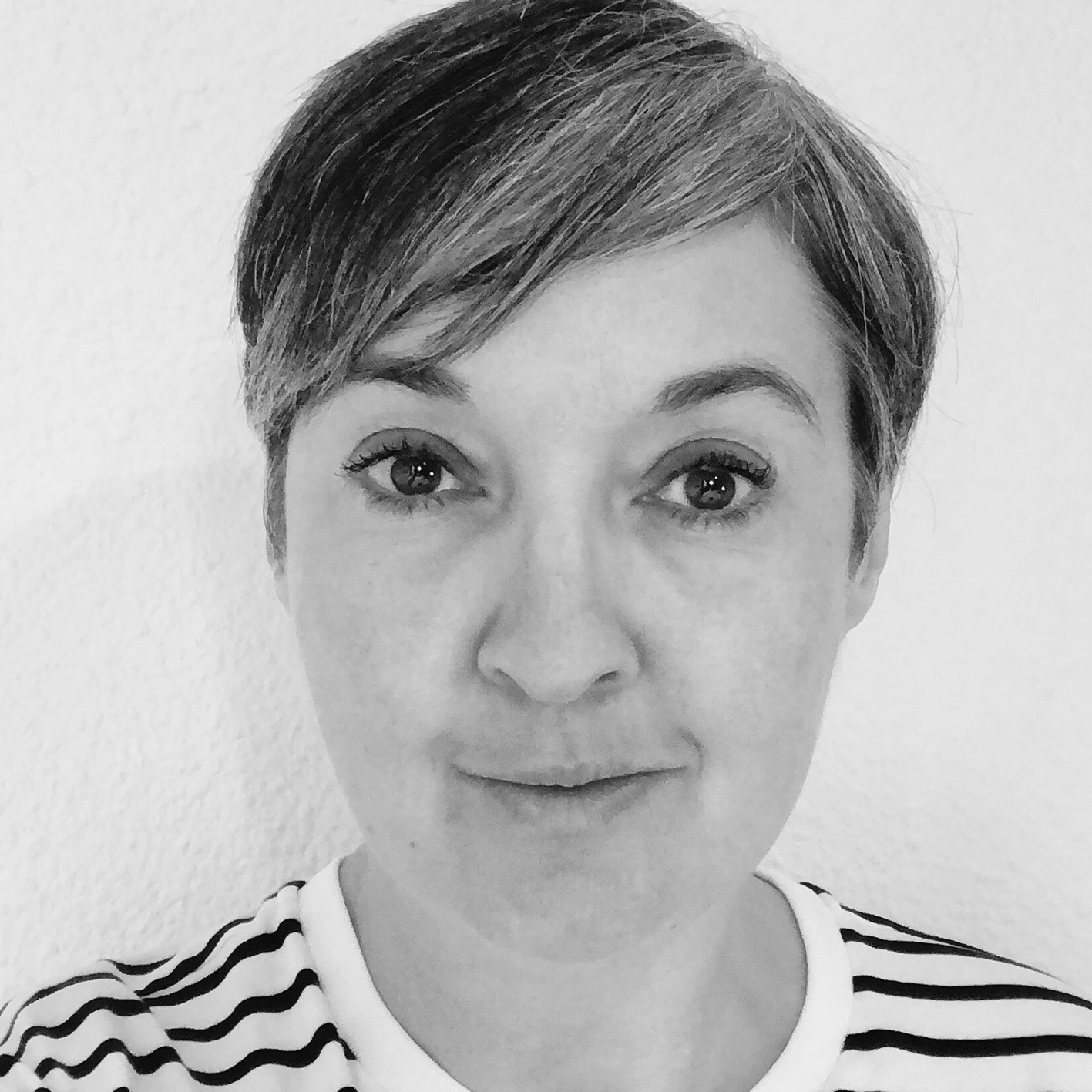Born in 1993 in London, where she still lives, Zakia Sewell is a writer and documentary-maker, and BBC 6 Music’s newest DJ. Her Sunday evening show, Dream Time, mixes jazz, folk, dub, ambient and global sounds. She has also recently covered for Lauren Laverne and Gilles Peterson. Her radio documentaries on taste, cultural critic Stuart Hall, her relationship with her mother, Amey St Cyr, and folk cultures across the UK, are on BBC Sounds. Her first book, Finding Albion, an exploration of British national identity, folk culture and myth, will be published by Hodder in 2026.
What’s been the biggest change moving from NTS Radio, one of the coolest stations in the UK, to the BBC?
I’ve always been drawn to music from the past, like the folk revival of the 1950s and early 1960s and the spiritual jazz of the 1960s and 1970s, so it was great to do an archival show on NTS – an anything-goes, totally free space, where it was wonderful to grow and find my voice. A big change at 6 Music has been the sense of duty you get to support and nurture new artists as a BBC broadcaster. You suddenly tap in to that responsibility. It’s exciting to think of relationships you can build with artists over the years.
Which new artists are exciting you?
Clarissa Connolly, who brings ancient-sounding folk melodies into the present with her productions, and her incredible voice. Then there’s Cameron Winter – even with just his voice and piano, I sense he’s going to become some kind of superstar. And Sharada Shashidhar, who’s got this kind of Kate Bush style of singing, then draws in Indian classical music and jazz.
Your Dream Time show is about music that slides into our subconscious. What music did that for you growing up?
I had a tape made for me by a family friend when I was little, a strange mix of early Disney soundtracks, quite surreal, beautiful and orchestral music, with these haunting 1960s girl groups. I remember just sitting and properly communing with it. I’ve always loved anything otherworldly.
How are radio shows better than playlists made by algorithms?
The storytelling. I could be playing a field recording from West Africa in 1959 and then something contemporary by an ambient producer – my job then is to weave together these worlds and create a narrative through the sequencing of the tracks and the elements I choose to connect them. You can really help people to enter into the music through stories. Late at night, when I broadcast, it’s like you’re whispering to someone, or you’re in the act of listening together. There’s a real intimacy in radio that people long for.
You’ve always championed older female artists. On your NTS interview series, Don’t Assume, you followed deep house producer Terre Thaemlitz with folk singer Shirley Collins, who’s 90 next month…
Don’t Assume was about unexpected juxtapositions but, again, it came down to storytelling. The idea that elders like Shirley Collins, who can remember with precision a trip that she went on across the American south in the late 1950s to record folk music, are still with us… I just wanted to transport my listeners back to those moments. It’s a shame that we don’t have more intergenerational dialogue. We have to recognise these people as incredible bearers of wisdom. They belong to a generation that won’t be here for ever.
You’re also writing a book. How’s that going?
I’m loving having a split life of putting together playlists, and then going to the library and doing research. My book’s about my search for more progressive, inclusive stories about who we are as a nation through myth, folklore and older traditions. It comes from my position of being someone with English and Welsh heritage through my dad, and Caribbean heritage through my mum, trying to find a vision of a Britain with which I can feel at home.
What was it like growing up with that combination of cultures?
I’ve always been caught in this in-betweenness of growing up in Hounslow, under the flight path in a council flat, then going to see my paternal grandparents, who lived in Laugharne in west Wales, hanging out with their bohemian, hippie friends. I’ve always been interested in the conflicts and complications that come with this in-betweenness, but I also think it gave me a kind of double perspective and a desire to find commonalities. It’s a very rich and creative place to be.
Your 2023 BBC Radio 4 documentary about your relationship with your mum, Amey and Me, was a powerful listen. You also wrote about your connection with her through music, in the light of her schizophrenia, in the 2023 Sinéad Gleeson and Kim Gordon-edited anthology This Woman’s Work. Has that writing been helpful?
Music has always been one of the things that we’ve shared and loved. We didn’t always used to have the kind of relationship we have now, but I think it’s important to give people hope and name things that people struggle with silently. We should be honest about what goes on behind the scenes in our lives, especially in a world where so much of what we present is the sort of polished, finished version.
You’ve DJ’d extensively around the world. What’s been your best gig so far?
At an arts festival in Iceland, where I was beaming out dub reggae through this incredible sound system into an amazing landscape. I felt so far away geographically from the origins of dub, but that moment captured for me the power and the beauty of music. The idea that something could find its way from Jamaica through to this moment by a fjord with the sun out... I love thinking about the kind of journeys that music takes, when you can be there in the moment, and witness that magic.
Sewell presents Dream Time on BBC Radio 6 Music and BBC Sounds on Sundays at 10pm.
Photograph by Suki Dhanda/The Observer

